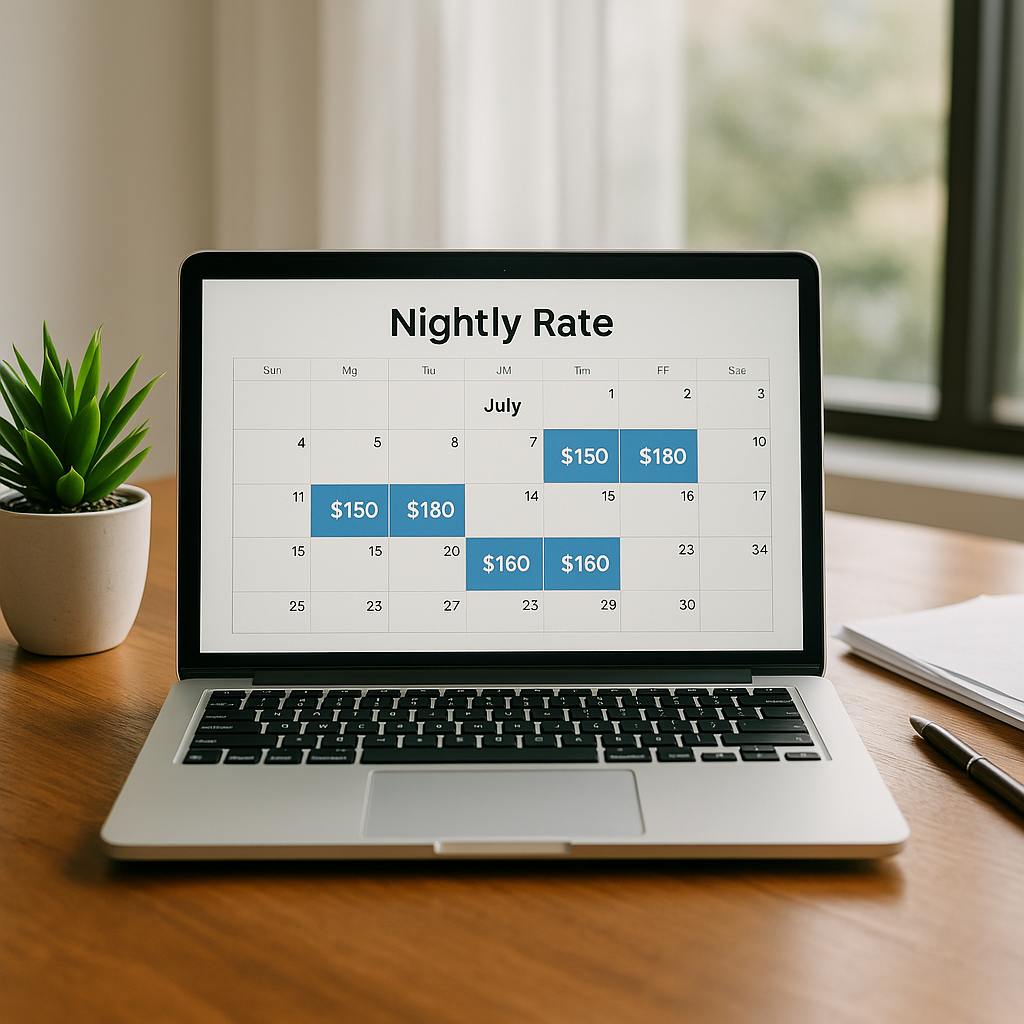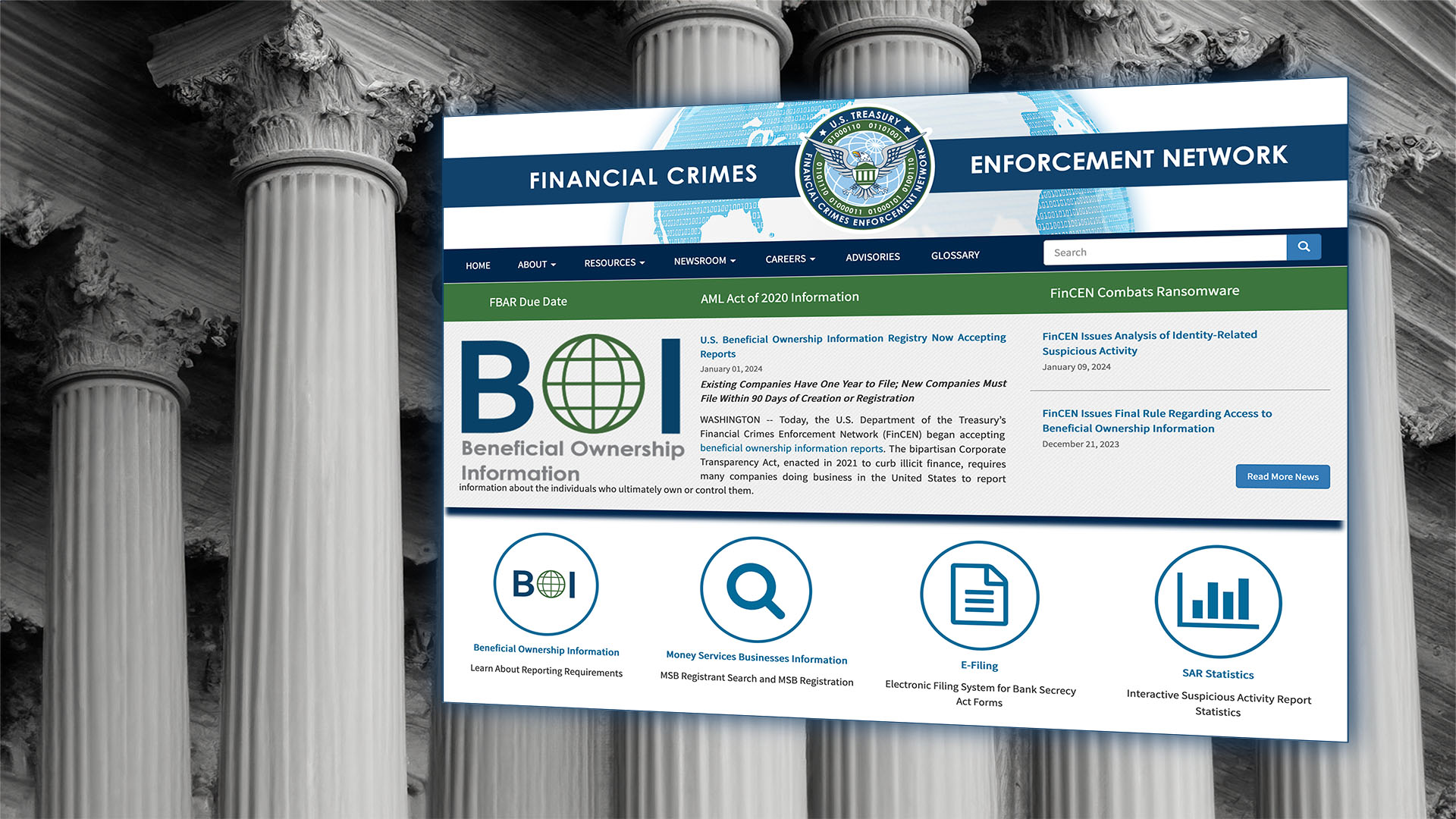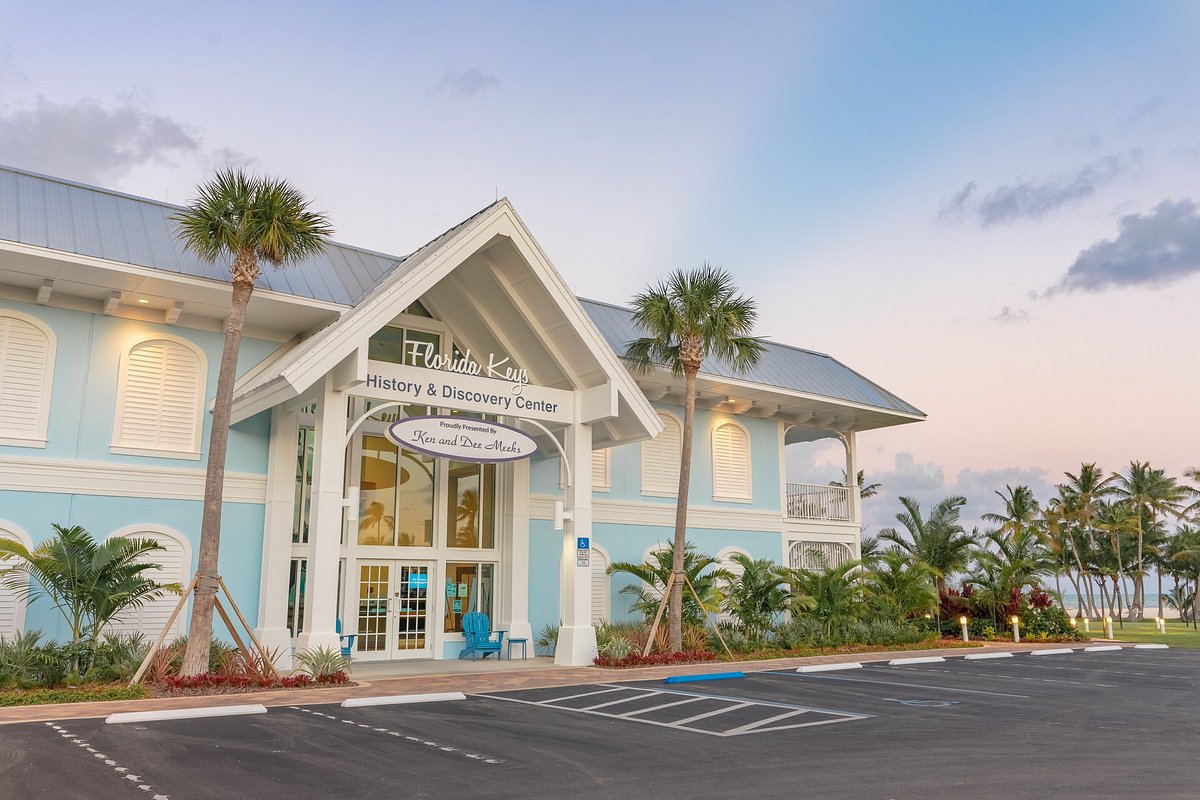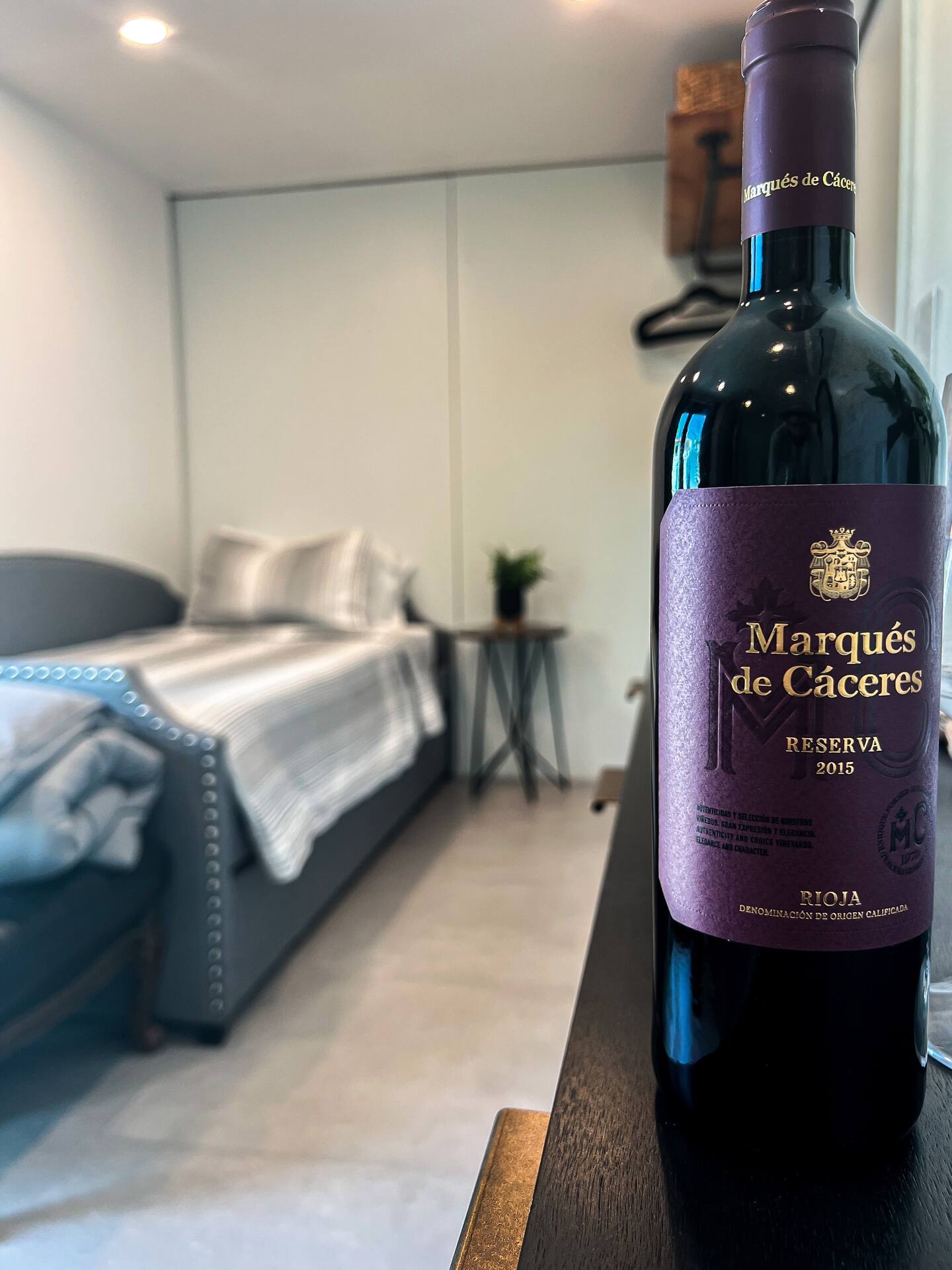Investing in rental properties within homeowners’ association (HOA) communities offers advantages such as security, shared amenities, and well-kept common areas. However, these benefits come with a set of unique challenges, particularly concerning strict rental regulations. To maximize rental income while staying compliant, property owners need a strategic approach that balances tenant appeal and HOA rules. This comprehensive guide outlines effective strategies for optimizing rental income in HOA communities.
Understand and Navigate HOA Regulations Thoroughly
The first step in optimizing rental income is to understand the specific rules and restrictions enforced by your HOA. These can vary widely, even within the same state, and may significantly impact your rental strategy. Key regulations to pay attention to include:
Rental Caps and Leasing Restrictions: Some HOAs have strict rental caps, such as a limit on the number of units that can be rented simultaneously, or rules regarding short-term rentals (e.g., minimum rental periods of 30 days). Some communities may prohibit short-term rentals entirely.
Guest Rules and Occupancy Limits: Occupancy rules can dictate the number of people allowed to stay overnight, parking restrictions, or usage limitations on shared amenities like pools and gyms.
Board Approval and Lease Requirements: Many HOAs require lease agreements to be approved by the board before tenants move in, and some even mandate background checks. Understanding the lease approval process and timeline helps prevent delays that could impact rental income.

Action Step: Work closely with the HOA board or a property attorney to fully comprehend the rules. This could help you identify opportunities for legal sub-leasing or navigate around certain restrictions (e.g., renting longer-term during peak seasons and short-term during the off-season if permitted).
Invest in Strategic Upgrades to Enhance Tenant Appeal
Renovations and improvements can significantly increase rental value and justify higher rates. Focus on upgrades that are both appealing to tenants and compliant with HOA guidelines. Here are some effective strategies:
Interior Upgrades: Modernize kitchens, bathrooms, and living spaces with high-quality fixtures and energy-efficient appliances. Tenants are often willing to pay a premium for properties with updated interiors.
Smart Home Technology: Install smart thermostats, smart locks, and integrated home automation systems. These features not only add convenience but also provide enhanced security, which can be a big selling point in communities with strict security measures.
Outdoor Improvements: If permitted by the HOA, create an inviting outdoor area by adding high-quality patio furniture, landscaping, or even a small garden space. Enhancing curb appeal with outdoor upgrades can make a property more attractive.
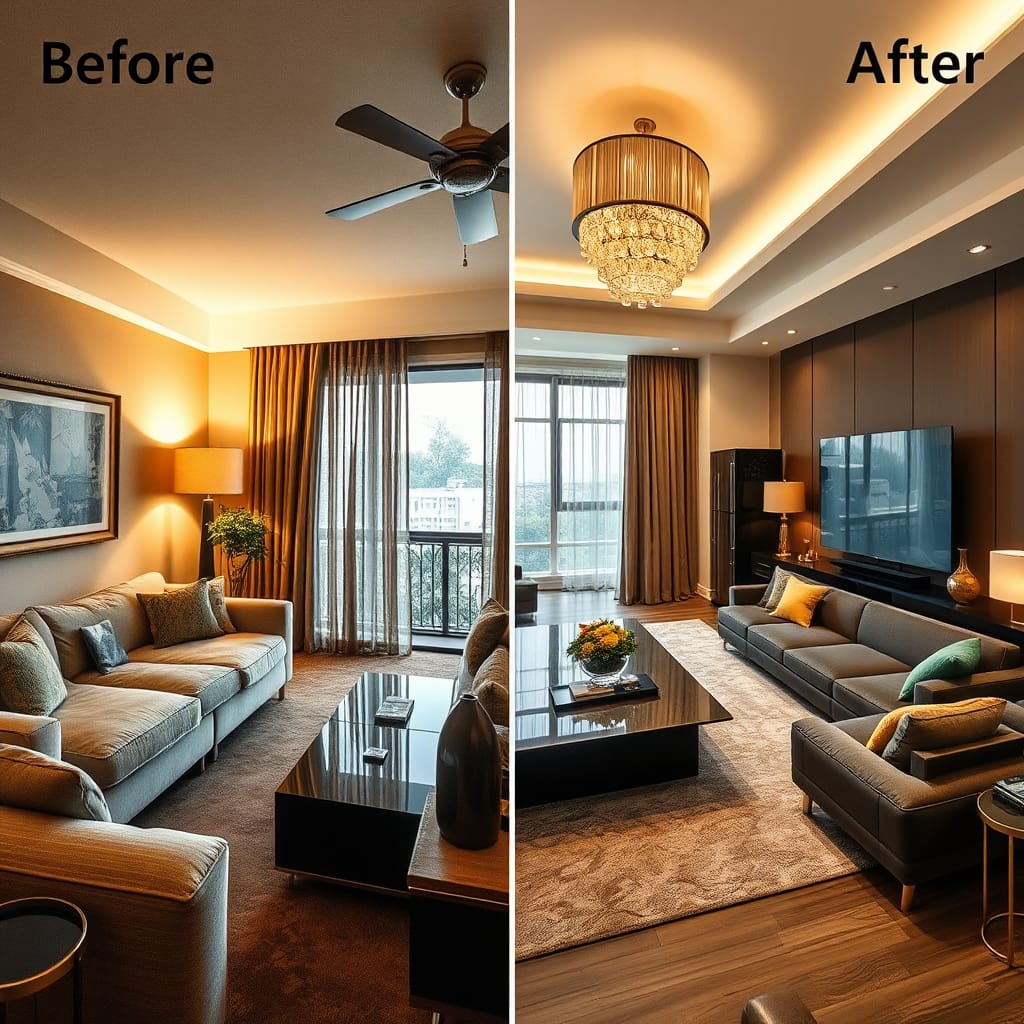
Compliance Tip: Always check with the HOA before making exterior changes, as many communities have specific guidelines regarding landscaping, fencing, and exterior paint colors.
Leverage Advanced Marketing Techniques for HOA Rentals
Effective marketing can differentiate your property and attract the right tenants, even in a regulated HOA environment. Implement the following strategies:
Highlight HOA Amenities: Make sure to promote the advantages of living in an HOA community, such as access to well-maintained pools, fitness centers, security, or parks. Mention these features in your listing descriptions to show potential tenants the added value.
Professional Photography and Videography: High-quality photos and virtual tours are crucial in today’s market. Include shots of both the property and community amenities. Videos that showcase walking paths, communal areas, or exclusive amenities can be particularly appealing.
Target Specific Rental Platforms: For vacation rentals, use platforms that cater to longer-term guests, such as Booking.com or specialized sites that support 30-day minimum rentals, rather than short-term platforms like Airbnb if they are not allowed.

Marketing Hack: Create a “community guide” for potential renters that includes local amenities, HOA benefits, nearby restaurants, and attractions. This personalized touch can make the listing stand out.
Maximize Income Through Flexible Rental Models
Depending on the HOA’s rental policies, flexible rental models can help maximize income while remaining compliant. Consider the following approaches:
Seasonal Rentals with Strategic Pricing: If your HOA permits it, seasonal rentals can be an effective way to maximize revenue. Utilize dynamic pricing to adjust rates based on local events, holidays, or tourist influxes. This can help optimize income during peak periods while maintaining occupancy during slower months.
Furnished Rentals for Short-Term Leasing: If short-term rentals are restricted but medium-term rentals (30-90 days) are allowed, offering a fully furnished property can attract corporate tenants, traveling professionals, or seasonal residents.
Lease-to-Rent Options: If the HOA has stringent rules on rentals, a lease-to-rent model (long-term leasing with a subleasing option) may be an alternative to explore. Ensure all arrangements are approved by the board to avoid penalties.

Value-Added Services Can Set Your Property Apart
Offering extra services can justify higher rental rates and differentiate your property from competitors. Here are some services that can add value while staying compliant with HOA guidelines:
Concierge and Guest Services: Partner with local service providers to offer services such as cleaning, grocery delivery, or car rentals for an additional fee. This creates a luxury experience without violating HOA policies.
Welcome Packages and Local Guides: Include welcome kits that feature local snacks, essential supplies, or curated guides to the area. This gesture can enhance the guest experience and encourage positive reviews.
Access to HOA Amenities: Some HOAs allow homeowners to offer day passes or special access to amenities. If permitted, include this as part of the rental package to attract guests looking for a resort-like experience.

Stay Updated on Market Trends and Regulations
Rental markets and HOA rules can change rapidly, especially with recent shifts in short-term rental legislation. Stay informed on both fronts:
Monitor Market Trends: Use tools like AirDNA or Mashvisor to track local rental trends, occupancy rates, and pricing strategies. This will help you optimize your rates based on real-time data.
Attend HOA Meetings and Engage with the Board: Stay active in HOA meetings to stay updated on any changes to rules and regulations that may affect your rental property. Engaging with board members can also provide insights into upcoming policy shifts or planned community improvements that may increase property value.

Maximizing rental income in HOA communities requires a nuanced approach that balances compliance with profitability. By understanding the rules, making strategic property upgrades, employing advanced marketing techniques, and offering value-added services, property owners can significantly enhance their rental income. GQ Property Management offers expert services tailored to navigating the complexities of HOA rentals. From handling compliance issues to boosting rental profitability, we ensure your investment reaches its full potential.
Contact us today to discuss how we can help you maximize your rental income while staying compliant with HOA regulations.







































